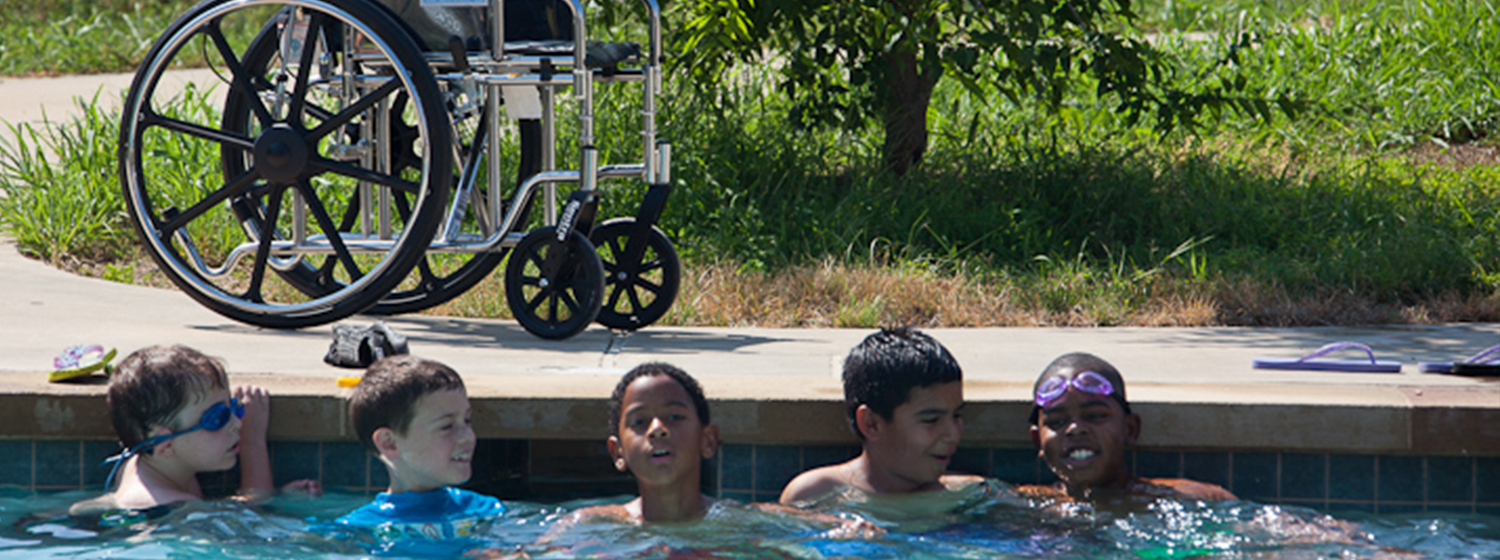CIT Program Information
Counselor in Training (CIT) Program
Purpose: To enhance the skills learned as a LIT, to educate and train young men and women to become effective leaders and to learn about the Cabin Counselor Role at Camp iHope
Objectives:
By the end of the program, all participating CITs will have:
• Observed a variety of different activity areas
• Observed appropriate counselor/staff interaction with campers
• Assisted with cabin duties
• Assisted with administrative, programming and general staff duties
• Actively participated in daily discussions/meetings
• Observed Counselor Meetings
• Planned and executed a service project
Methods:
CITs will reach these objectives by the following means:
• Shadowing and assisting staff
• Observing staff teaching and coaching techniques
• Participating in activities, special events, trips, support services, cabin living, and meetings
• Discussions/seminars with fellow CITs, mentors, and supervisors
• Participating in the planning, design, and execution of a service project
• Evaluation, feedback, and assessment from peers, supervisors, and self
Role:
The CIT role at camp is to further develop the skills you’ve learned as an LIT and apply them in actual camper experiences. CITs will sometimes participate in a similar capacity as a full staff member, they will have less responsibility supervising campers with the emphasis on learning and training.
Responsibilities:
• Campers Come First! Set a good example by being a positive role model.
• Assist Camp Counselors with daily activities
• Assist with programming, administrative or general activities
• Associate with campers NOT other CIT’s unless otherwise specified
• Be punctual, attend and be an active part of all camp activities, participants must be able to:
o Abide by all rules, policies and procedures
o Treat all campers equally, there should be no favorites
o Be cooperative with the head counselors, your peers, and the campers.
o Be enthusiastic and have a positive attitude
Specific Duties
• Assist counselors in managing campers
• Provide a good example
• Help counselors and children by helping to keep track of their belongings
• Help counselors get the campers to activity and lunch areas
• Help/Remind campers to fill up their water bottles throughout the day
• Contribute ideas to improve the program
• Report any unsafe actions by children or other CITs to the Counselors
• Assist in cleaning and disposing of trash, cabin clean up, dining hall clean up
• Demonstrate ability to accept supervision and guidance
• Demonstrate good character, integrity, and adaptability
• Set a good example for campers and others, including cleanliness, punctuality, sharing duties, cleanup after meals
• Respect each camper for their uniqueness
Assume additional responsibilities as assigned by CIT Coordinator, Camp Directors,


